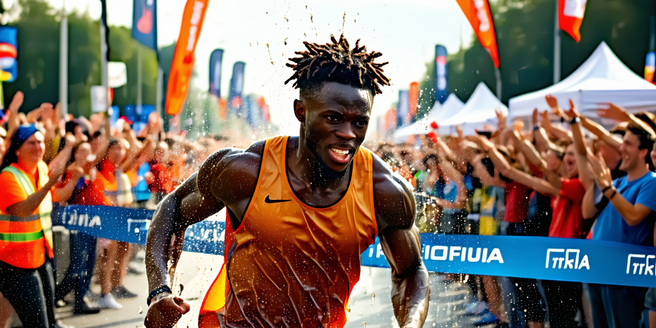
Understanding the Basics of Sports Psychology
Sports psychology focuses on how psychological factors affect performance and how participation in sports and exercise affect psychological and physical factors. It involves understanding the basic principles such as motivation, preparation, and relaxation techniques that can aid athletes in achieving their best performances. Sports psychologists work with athletes to address issues like confidence, concentration, and emotional regulation, which are pivotal in performing well under pressure. By exploring these basics, athletes can better comprehend their mental processes, develop mental resilience, and apply strategies that influence performance positively. Understanding these aspects is fundamental to building a strong psychological foundation, which is critical for both novice and experienced athletes striving to enhance their competitive edge.
Developing a Positive Mindset
A positive mindset is crucial in sports psychology as it shapes how athletes perceive challenges and setbacks. Developing a positive mindset involves fostering a belief in one’s abilities and maintaining an optimistic outlook even in the face of adversity. Techniques such as positive self-talk, visualization, and setting achievable goals are essential in cultivating such a mindset. This mindset not only enhances performance but also aids in recovering from failures quickly. Coaches and trainers are instrumental in helping athletes build and sustain this mentality. By focusing on personal strengths and learning from experiences, athletes can turn potential negative scenarios into opportunities for growth. Ultimately, a positive mindset is about resilience, which empowers athletes to push through challenges, maximizes their potential, and achieves sustained success.
Techniques for Enhancing Focus and Motivation
Enhancing focus and motivation are pivotal aspects of sports psychology that differentiate top performers. Techniques such as goal-setting, visualization, and mindfulness are employed to improve focus and drive. Goal-setting provides athletes with direction and enhances commitment towards objectives. Visualization involves creating detailed mental images of successful outcomes, which aid in developing a clear focus. Consistent practice of these techniques can lead to noticeable improvements in an athlete’s performance. Mindfulness practices help athletes stay present, reducing performance anxiety. Motivation can also be increased through intrinsic and extrinsic rewards, fostering a deep sense of personal satisfaction. By employing these techniques, athletes cultivate a heightened state of awareness and determination, essential qualities for achieving peak performance consistently.
Overcoming Mental Barriers to Success
Mental barriers such as fear of failure, anxiety, and lack of confidence often hinder athletes from reaching their potential. Sports psychology offers techniques to overcome these barriers by building mental toughness and resilience. Cognitive restructuring helps athletes reframe negative thoughts into positive ones, enhancing confidence. Visualization exercises can also play a crucial role in preparing athletes for competitive situations. Moreover, establishing a consistent routine can bolster an athlete’s mental preparedness. Relaxation techniques such as deep breathing and progressive muscle relaxation help manage anxiety levels. Continuous positive reinforcement encourages self-belief and fosters a growth mindset. These techniques focus on addressing the root causes of mental barriers, enabling athletes to break through limitations, trust their abilities, and pursue excellence.
Applying Psychological Strategies in Real-Time Scenarios
Applying psychological strategies during real-time scenarios is essential for athletes to perform under pressure. Strategies like pre-performance routines and in-the-moment mindfulness can optimize focus and reduce stress. Athletes use pre-performance routines to prepare mentally and physically, creating a sense of familiarity and control before competition. Interestingly, these routines also help in creating a ritualistic approach that boosts confidence. Consistent practice of these routines can lead to improved performance outcomes. Mindfulness helps maintain composure, allowing athletes to make clear decisions amid dynamic challenges. Moreover, being adaptable and learning to manage emotions effectively enables athletes to execute their skills efficiently. By integrating these strategies, athletes enhance their ability to stay composed, resilient, and mentally sharp, ensuring their psychological preparedness complements their physical abilities.
